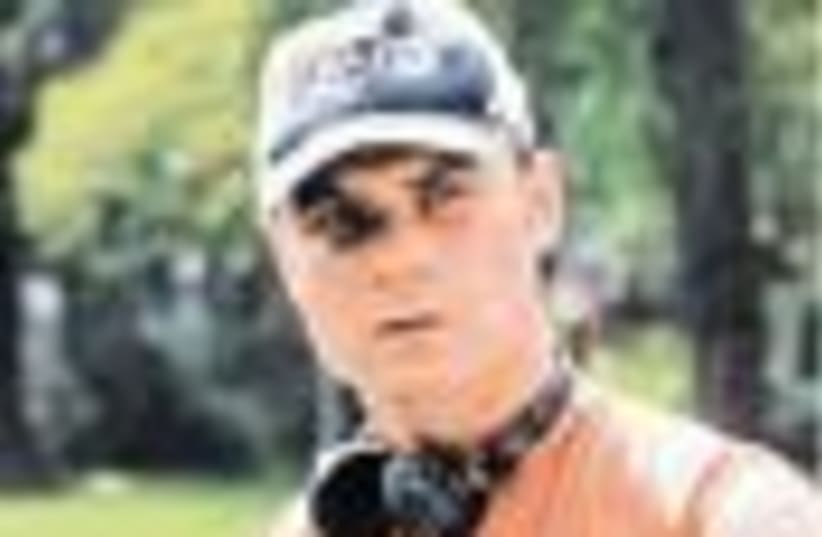| More about: | Jonathan Safran Foer, Liev Schreiber, Gogol Bordello, Emir Kusturica |
Schreiber illuminates everything
Making his directorial debut, actor Liev Schreiber explains why he decided to make a film about a boy seeking his Jewish roots.


| More about: | Jonathan Safran Foer, Liev Schreiber, Gogol Bordello, Emir Kusturica |